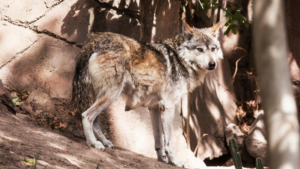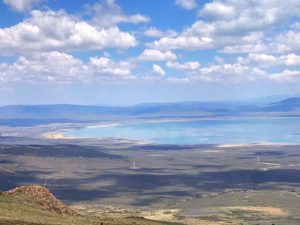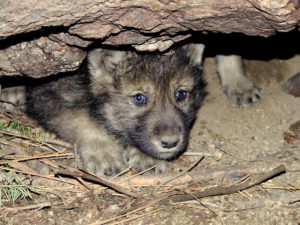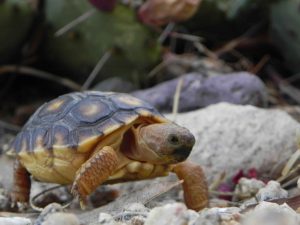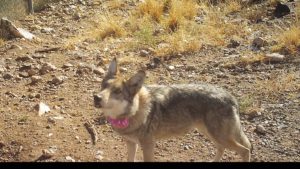For Immediate Release
September 9, 2022
Contact:
Erik Molvar, Western Watersheds Project, (307) 399-7910
Kevin Emmerich, Basin and Range Watch, (775) 764-108
THACKER PASS, Nev. – Western Watersheds Project yesterday petitioned the U.S. Fish and Wildlife Service to list the rare Kings River pyrg, a springsnail found only in a remote corner of northwestern Nevada, as an endangered or threatened species. The pyrg is known to live only in 13 isolated springs around Thacker Pass, an area slated for large-scale lithium mining recently approved by the Bureau of Land Management.
“This rare springsnail’s entire worldwide range stands to be affected by open-pit lithium mining, which threatens to draw down or contaminate all 13 springs where it is known to live,” said Erik Molvar, a wildlife biologist and Executive Director with Western Watersheds Project. “Federal land managers put this aquatic snail in the crosshairs of extinction by hastily approving large-scale lithium mining at Thacker Pass. Endangered species listing is now necessary to ensure the survival of the species.”
The dewatering of aquifers that feed the springs inhabited by the Kings River pyrg is likely to draw down near-surface aquifers by 10 feet in the lithium mine project area and surrounding lands, according to impacts analysis the Bureau of Land Management and its consultants performed during the Thacker Pass Mine approval process. This could cause springs that have flowed continuously for centuries to dry up, killing off their populations of springsnails, which breathe via gills. The Kings River pyrg’s survival is also threatened by livestock grazing, diversion of water from springs, road construction, and climate change.
“The potential extinction of the tiny King’s River pyrg illustrates how delicate desert aquifers become heavily impacted by industrial mining activity,” said Kevin Emmerich, Director of Basin and Range Watch. “The Thacker Pass Mine would pump 1.7 billion gallons of water annually for 41 years. It would be unsustainable for much of the wildlife in the Montana Mountains and would become a death sentence for this rare springsnail.”
The Thacker Pass lithium mine was hastily approved under a fast-tracked environmental review process during the Trump administration, and also threatens to destroy sage grouse priority habitats and a massacre site where 31 Paiute men, women, and children were killed as they slept by a U.S. Cavalry detachment. Lithium is used for batteries for cellular phones and electric vehicles, making it a sought-after commodity.
“There is no doubt that our nation needs to transition from the dirty fossil fuels that are responsible for climate change to renewable fuels but we should be careful not to site lithium mines in sensitive habitats or culturally important areas,” Molvar said. “We have a responsibility as a society to avoid wreaking ecological havoc as we shift to renewable technologies. If we exacerbate the biodiversity crisis in a sloppy rush to solve the climate crisis, we risk turning the Earth into a barren, lifeless ball that will no longer support our own species, let alone the complex and delicate web of other plants and animals with which we share this planet.”
Thacker Pass and surroundings are the ancestral homes of the Shoshone and Paiute peoples.

